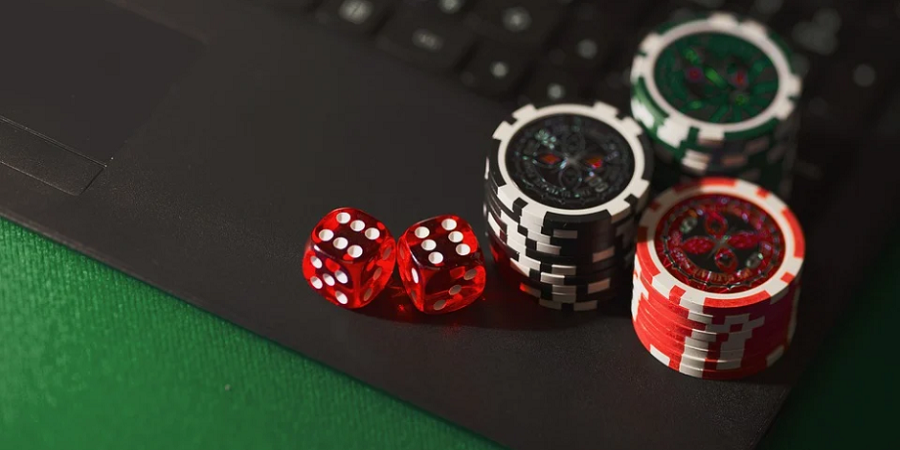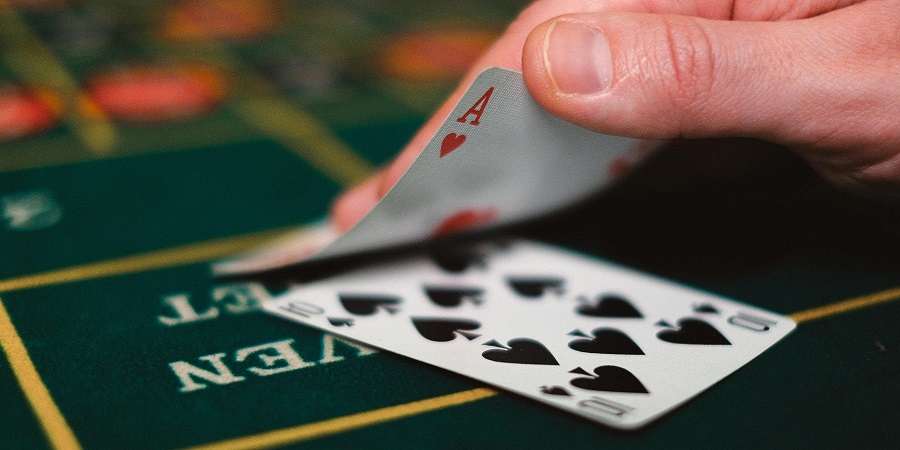The World Cup 2018 is officially over, and the French have every reason to celebrate wildly. Their victory against Croatia was well deserved, even though the first-time finalist put up quite a fight. Now that the tournament has finished, the spotlight fades away – but behind the curtains, advertisers and marketing professionals are still counting the impact of the World Cup on sales and outreach. The World Cup is a seminal event that is watched by millions – if not billions – of viewers across the globe and as such, it is a prime opportunity for advertising professionals that would like to reach millions of households worldwide. This year, it seems that the tournament has also helped spread the word about the latest up-and-coming technology: blockchain and cryptocurrencies.
Bitcoin and Cryptocurrencies Embraced by the Sports Industry
Bitcoin is the most famous cryptocurrency – it started out back in 2009 and has since seen 532,243 blocks mined (which translates to over 17 million Bitcoin). It has also experienced sudden surges in its price that have seen the world’s attention focus on it. As of July 17, 2018, its price stands at slightly over $6,720 and it has experienced an almost 90% increase in its value over the last 6 years. It is currently unrestricted in 107 countries around the world and more than 9,000 Bitcoin nodes are online at this very moment. These figures are, to say the least, impressive – and they demonstrate that the Bitcoin craze is probably here to stay. Several other cryptocurrencies like Monero and Ethereum have followed in Bitcoin’s footsteps and each of them have their own dedicated audience. Analysts and financial consultants are still trying to grasp the potential of cryptocurrencies and the tech behind them as a new age seems to dawn on the economy: the end of the absolute reign of fiat currencies.
Beyond cryptocurrencies per se, the blockchain technology that Bitcoin uses in order to verify transactions is also of great interest to users – and is becoming increasingly popular in the sports world. For example, sports betting providers now offer the opportunity to bet or get bonuses in Bitcoin, for clients who are familiar with the cryptocurrency. Others are using the blockchain technology in order to gather more reliable information and facilitate predictions, moving the $11.9 billion industry forward and into the future. Cryptocurrencies are quickly becoming a popular means of conducting such transactions, thanks to the security and anonymity they offer due to the decentralised way of verifying purchases. The sports broadcasting and the fitness industry is also looking into blockchain applications in order to provide more personalised and accurate content to clients. From another viewpoint, SportX is using blockchain to create a platform that will allow the sports industry to execute smart contracts, while SportyFi is harnessing it to help athletes transition into a professional career. And the list goes on and on.
World Cup 2018 Worked Wonders for Blockchain Outreach
The World Cup tapped into that trend for good: many of the facilities providers in Russia offered fans the chance to pay in cryptocurrencies – Bitcoin in particular. But perhaps the biggest splash was made by using the advertising potential of World Cup games to promote crypto tech: Hyundai Digital Asset Company (HDAC) used the visibility that the World Cup offers to air an ad about its blockchain-based services. The clip lasted 35 seconds and showed a happy, modern family that uses various applications complete with holographic visuals to perform household tasks. Once they leave the scene, the appliances come to life on their own, preparing the house to perfection before the owners come back. If it sounds a bit like Toy Story to the previous generations, this image is already a reality: the so-called internet of things allows applications and devices to communicate with each other and carry out with business as usual, while their owners can control them from afar. HDAC uses blockchain to power its ecosystem, and it made sure to stress that aspect in the commercial, highlighting the security and efficiency it offers – and the whole world was getting the message.
Meanwhile, fans also enjoyed the benefits of using cryptocurrencies off the field: hotels in Kaliningrad like the Malina Apartments have partnered up to offer guests the choice to pay in Bitcoin, Litecoin or Ethereum. Having hosted qualifying games for England and Spain, Kaliningrad was a favourite destination among visitors – and the option to pay in cryptocurrencies has surely boosted awareness and acceptance among the crowd. Several travel agents like Destinia, as well as airlines such as CheapAir (which has been accepting Bitcoin since 2013) and even some bars (including bars chain Killfish) across the Russian cities that hosted the tournament also chimed in and allowed clients to purchase services in Bitcoin. The crowd that flocked to the World Cup is diverse and this wide array of options might have been the first chance many of them got to see Bitcoin in action.
What is next for the professional sports industry and cryptocurrencies? Nobody knows just yet, but do not be surprised if FIFA issues their own cryptocurrency right before Qatar 2022.






